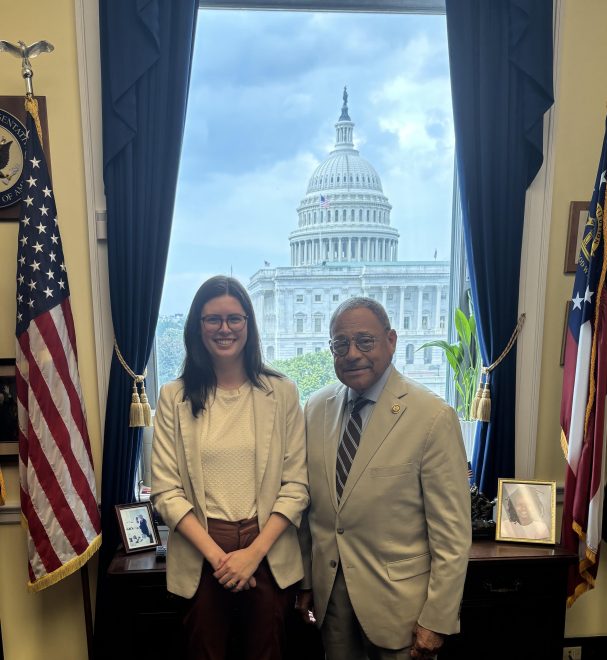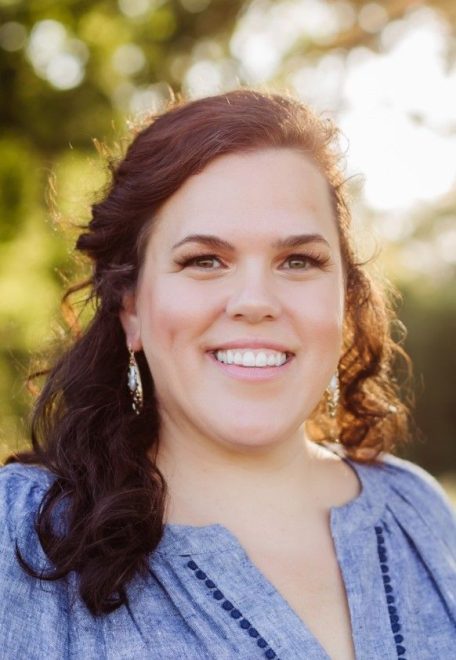Beverly stunned
Published 6:26 pm Monday, December 6, 2010
Ken Beverly testified Monday that he knew results of forged documents used to obtain supplemental Medicaid funding could be catastrophic for Archbold Memorial Hospital.
Trending
“I was stunned. It was disbelief, frustration,” Beverly told defense attorney Bruce Maloy.
Beverly is on trial in Valdosta U.S. District Court on a six-count indictment that says he conspired with William Sellers, former Archbold Medical Center chief financial officer, to submit the documents to receive the funding.
Beverly, retired Archbold Medical Center president and chief executive officer, testified at length Monday. His testimony, under cross-examination by federal prosecutor Jim Crane, resumes at 8 a.m. today at the Valdosta Federal Building.
Beverly said he knew substantial penalties were possible by state and federal governments in Medicaid and Medicare payments to the hospital.
“I knew what these penalties could be, and I was worried about it,” he said.
Sellers, who has entered guilty pleas in the case and testified for the prosecution, recorded a conversation with Beverly after worship services in January 2008, on the sidewalk in front of Thomasville First United Methodist Church. Beverly did not know that conversation — or two others with Sellers — were being recorded.
Trending
“It was awful. We were within view of 150 people,” Beverly said, describing the conversation at the church when Sellers approached him. Sellers, at that time, had been suspended from Archbold when the forged documents surfaced. He resigned in early 2008.
Beverly said he wanted to get away from Sellers, that people nearby knew about the bogus documents and saw him and Sellers talking.
Sellers told lawyers investigating the matter that Beverly knew about phony City of Thomasville Hospital Authority minutes and knew the forged documents had been submitted to the state.
“I was devastated. … I didn’t know anything about those minutes and had no idea what Mr. Sellers had done,” Beverly testified.
Beverly contacted Sellers in late 2007, while Sellers was on suspension with pay, and said he wanted to talk to him. Beverly went to Sellers’ home during predawn hours. Sellers recorded the ensuing conversation, again without Beverly’s knowledge.
Beverly said the purpose of talking to Sellers that morning was to convince him to get involved in the investigation under way into the documents.
Beverly acknowledged a comment he made on the tape in reference to being concerned about going to prison.
“I saw the groundwork was being laid for conspiracy. … I knew from what he said somebody was going to pay the price for it,” Beverly said. “ … I never asked the man to lie for me.”
When asked why he retired after Sellers’ resignation, Beverly said Archbold did not deserve what was happening. He said he was embarrassed and ashamed that it happened on his watch, adding that he was needed in a family farm operation.
Documents submitted to the state were designed to show Archbold was a public hospital operated by the Hospital Authority, according to the prosecution. Witness after witness has testified that Archbold is a private, not-for-profit facility.
“I was not part of any conspiracy. That was not correct,” Beverly told Maloy, denying involvement or knowledge of false records.
He said he was “absolutely not” involved in witness-tampering and that his deposition answers were “absolutely true.”
The defense produced documents that showed Archbold and the Hospital Authority once had a lease agreement. Testimony also showed Archbold received federal funding for mental health and other areas in the 1960s and 1970s. In the 1990s, the facility received $1 million from the state for a telemedicine program, Beverly testified.
Beverly said that when he arrived at Archbold in 1974, the facility was considered public. “When I left, I still considered it public. It certainly was not for profit,” he said.
A 2002 letter from Archbold to the Georgia Department of Community Health said Archbold has always been considered public and was at that time.
“God is my witness. That’s my true belief at that time. It still is,” Beverly testified.
He said he was aware of a 1982 Archbold/Hospital Authority lease agreement and a “paper trial,” but he did not know particulars.
Beverly testified that he was not surprised when Archbold was designated public and that additional funding would have no impact on his salary. The hospital did not depend on such funding year after year, he said. “These programs are very fickle,” he explained.
Beverly said his relationship with Sellers — for the last decade — has been strained and distant, noting Sellers’ “lack of compliance.”
Beverly said Archbold budgeted for a compliance officer, and Sellers “flat refused to fill it.”
The defendant said he never saw requests for public status. “He (Sellers) didn’t ever come to me,” Beverly said.
On cross-examination by Crane, Beverly said, “I do not know what a public corporation is.” He said he did not know the difference in a 501(c)(3) (an Internal Revenue Service tax status) and public corporation, but knows Archbold is a 501(c)(3) not-for-profit hospital.
Beverly said he was not familiar with the term private, not for profit, in conjunction with any government program and did know what a state hospital is.
He told Crane he attended three Hospital Authority meetings in 34 years. “It (Hospital Authority) doesn’t have day-to-day control over operation of the hospital,” he said. Beverly said he was never contacted by the Hospital Authority about his decision-making.
Once an investigation of the forged Hospital Authority documents began, Beverly said, he was “out of the loop,” and lawyers conducting the probe reported to a hospital board committee.
Crane asked Beverly if, when he mentioned a prison term to Sellers, he was experiencing a guilty conscience.
“I had a guilty conscience that I had not fired Bill Sellers a decade earlier,” Beverly responded.
He acknowledged to Crane that he was concerned about going to federal prison and about state and federal authorities entering the investigation.
Also testifying Monday was Clyde Reese, Georgia Department of Community Health commissioner.
After confirmation that Archbold was a public hospital, participation in the supplemental Medicaid program was granted, Reese said.
Later, the federal government asked that a closer look be taken at Archbold and 21 other Georgia hospitals applying for the money. A later determination was that Archbold should not be considered public, Reese, a defense witness, testified.
Reese, former Department of Community Health general counsel, said he did not know the Archbold/Hospital Authority lease had expired.
“I don’t think I would have known then or knew it,” the commissioner explained, adding that expiration of the lease would have been irrelevant.
Senior reporter Patti Dozier can be reached at (229) 226-2400, ext. 1820.





